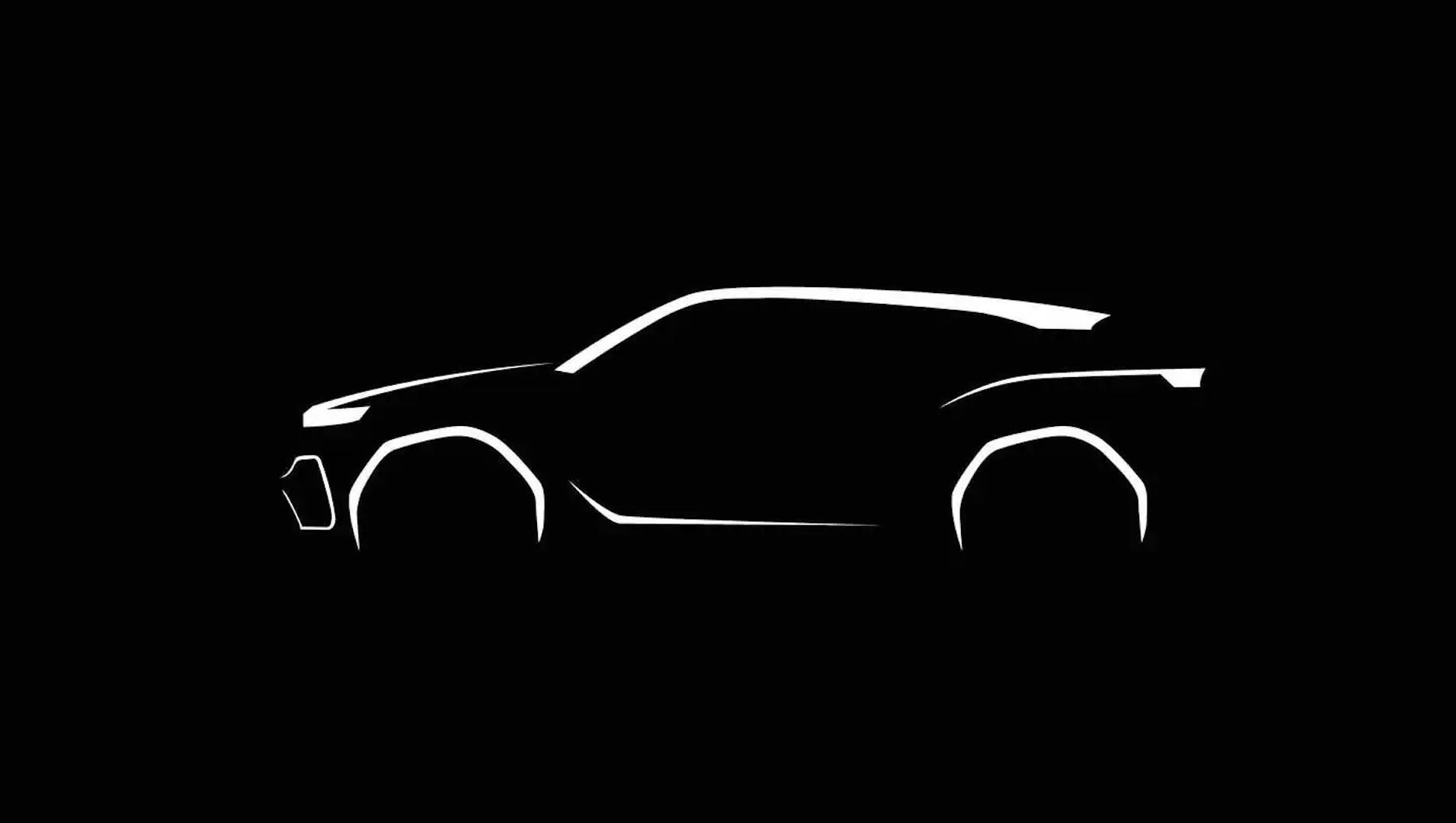The London-based EV firm Atlas has unveiled its first African-made, African-designed, and African-engineered electric car.


Africa has been left behind and is trailing in EV adoption while the United States, Europe, and China race toward a fully electric future regarding personal mobility.
The biggest reason for this is ascribed to the high expense of purchasing a new electric vehicle, which drove many individuals on the continent to purchase old, second-hand, gas-burning automobiles from across the world that are less expensive but more environmentally damaging.
The first battery-electric vehicle (BEV) to be constructed and designed in Africa will be unveiled by one company, Atlas E-Mobility Group, as early as 2026.
The self-described global technology company, based in London, UK, claims it is planning cutting-edge manufacturing and research facilities in Morocco, where a few major international automakers have been producing ICE vehicles for some time, including Stellantis, which manufactures the Peugeot 208 in Kenitra, and the Renault Group, which produces Dacia and Renault models at its Tangiers plant.
But there has never been a mass production of passenger EVs built on the continent, except for a few African businesses that focus on building or retrofitting electric buses and motorcycles.
Mohammed Yehya El Bakkali, the company’s CEO, and Mohammed Hicham Senhaji Hannoun, executive chairman and chief technology officer, established Atlas in 2021 with “substantial private funding,” according to the official news announcement.
The companies want to sell an inexpensive, useful, and pragmatic zero-emission vehicle that draws inspiration from Moroccan style and identity. The vehicle will be manufactured with emerging markets in mind, such as some regions of Europe, the Middle East, and Africa, where little to no EV infrastructure exists, and will not yet have a name or a designated production plant.
The UK-based company also states that it will concentrate on offering “advanced range-enhancing technology, battery, and charging networks,” though specifics have not yet been disclosed.
This newly founded company is attempting to create an accessible electric passenger automobile in Africa. But at the same time, we have our doubts about the conclusion since creating a mass-produced car that is dependable, economical, and appealing is a very difficult task, especially for someone who is just starting out.